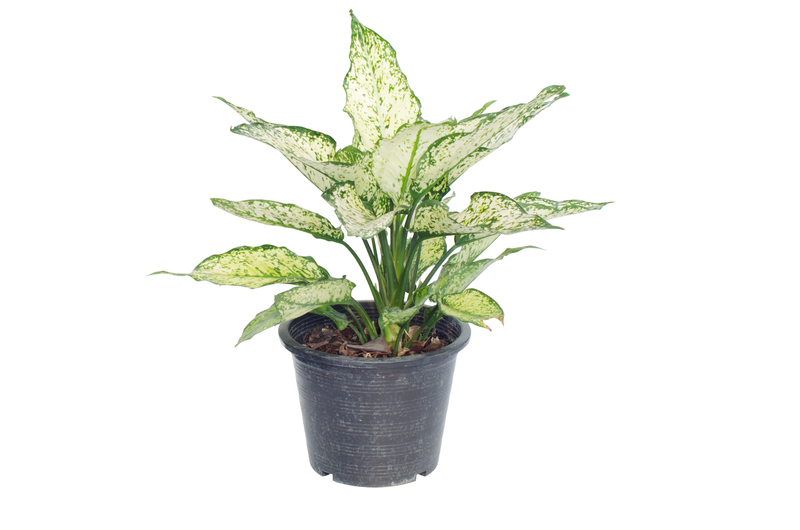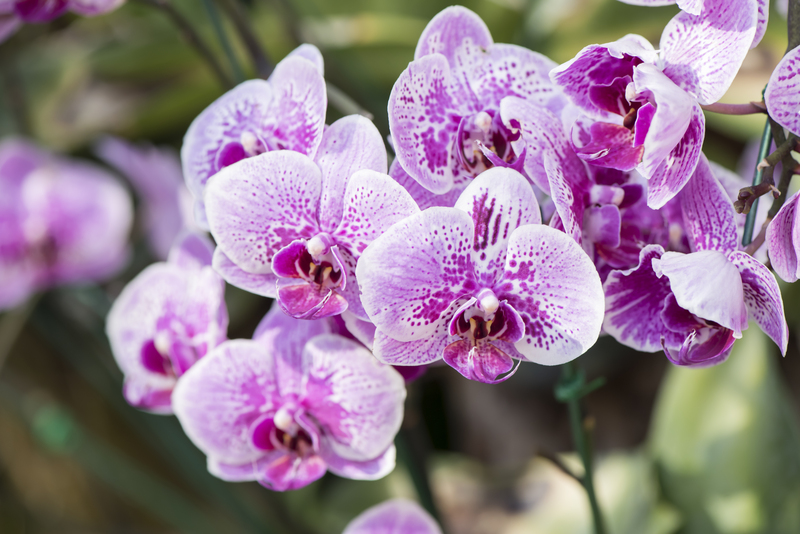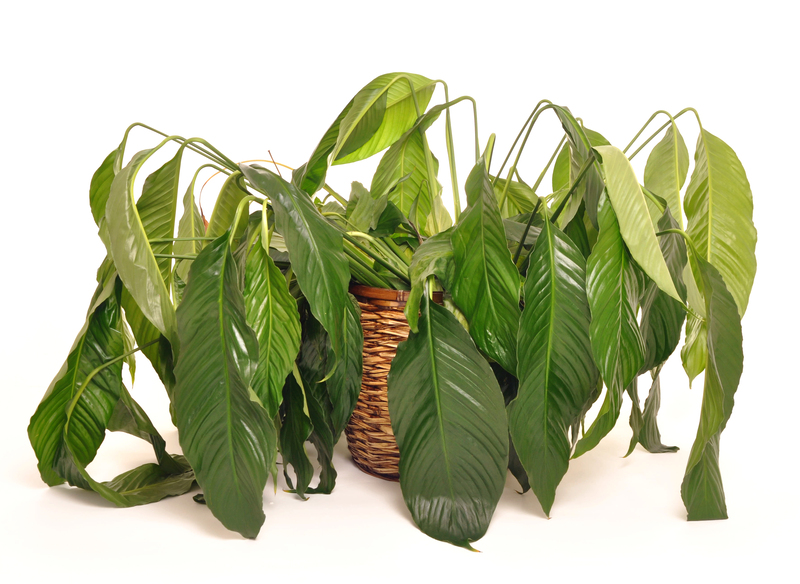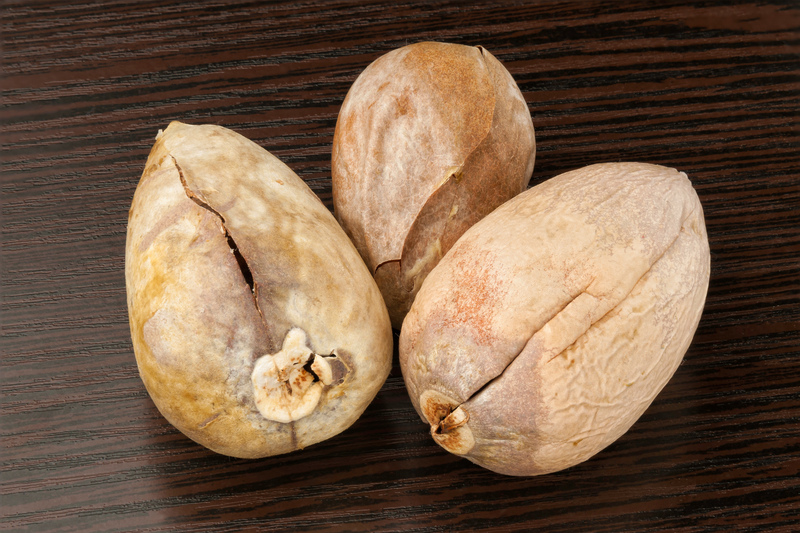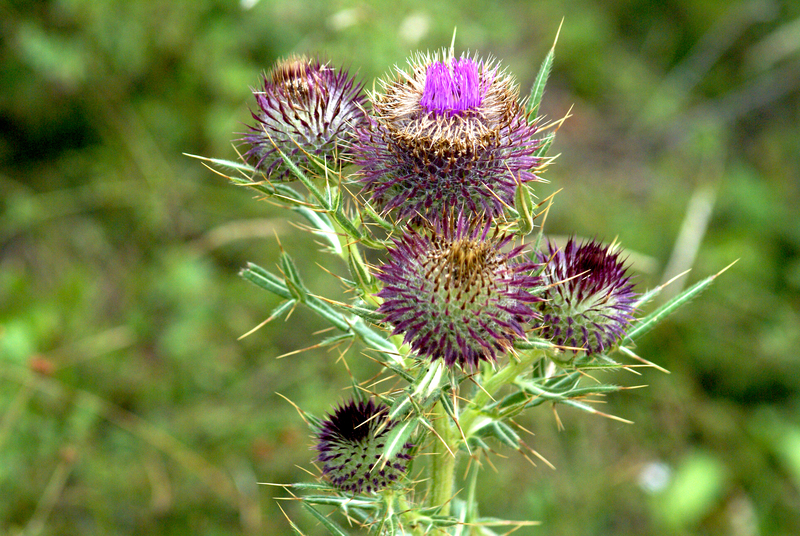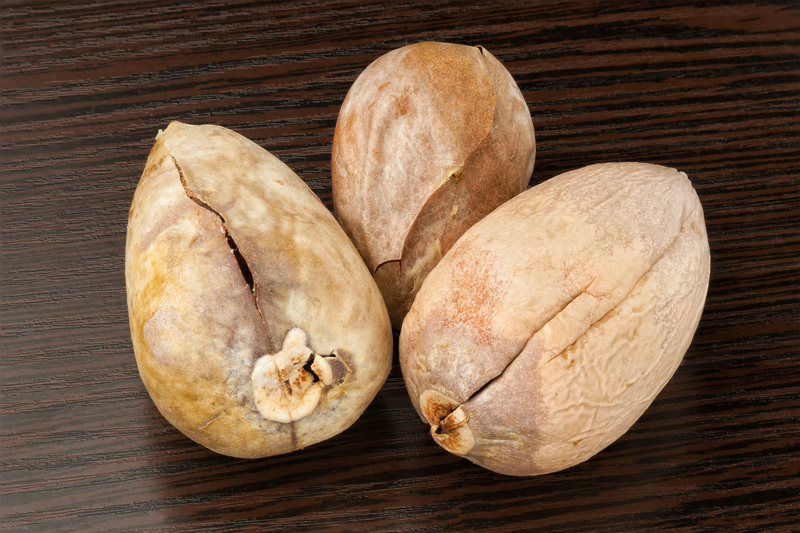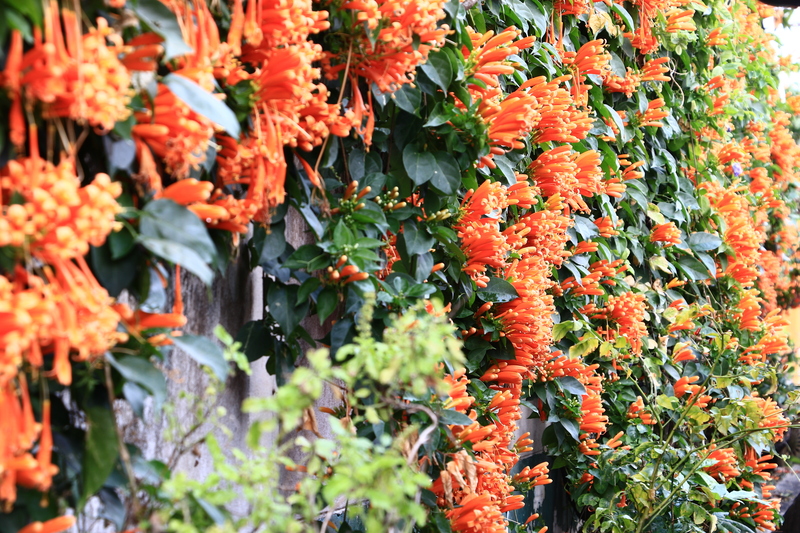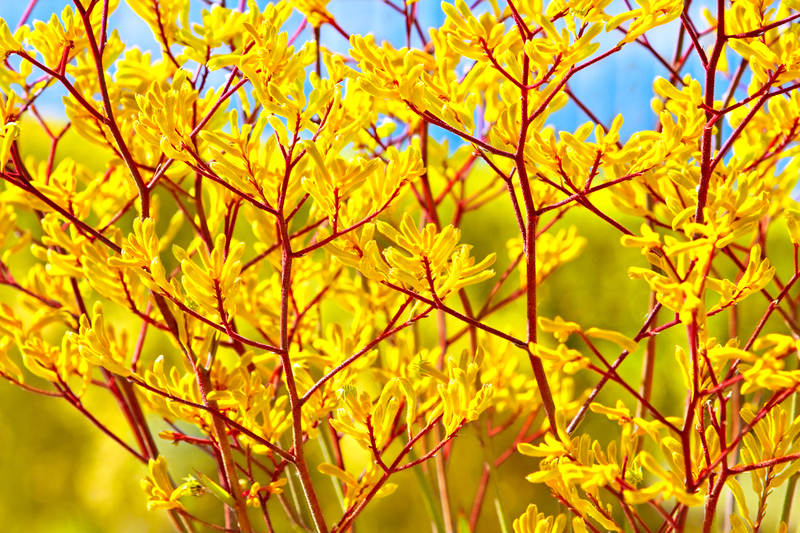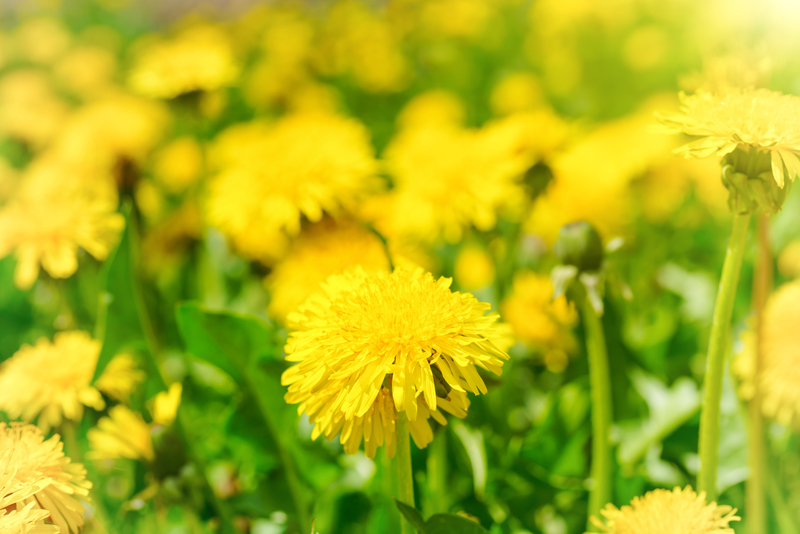The Art and Science of Gardening: A Gardener's Journey
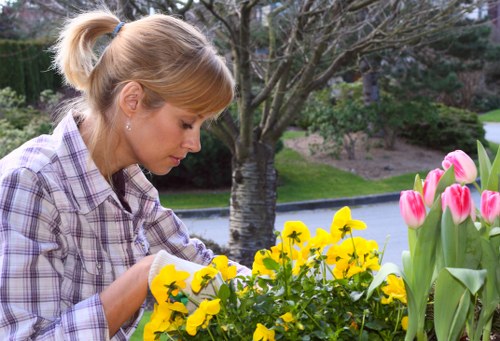 Gardening is a harmonious blend of art and science, offering both aesthetic pleasure and tangible rewards. Whether you're a seasoned gardener or just starting out, understanding the fundamental principles can transform your outdoor space into a thriving oasis.
Gardening is a harmonious blend of art and science, offering both aesthetic pleasure and tangible rewards. Whether you're a seasoned gardener or just starting out, understanding the fundamental principles can transform your outdoor space into a thriving oasis.
At its core, gardening involves the cultivation of plants, but it encompasses much more. From selecting the right plants to understanding soil health, each aspect plays a crucial role in the success of your garden.
One of the key elements of effective gardening is **planning**. Before digging your first hole, it's essential to consider factors such as climate, soil type, and sunlight exposure. A well-thought-out plan serves as the foundation for a flourishing garden.
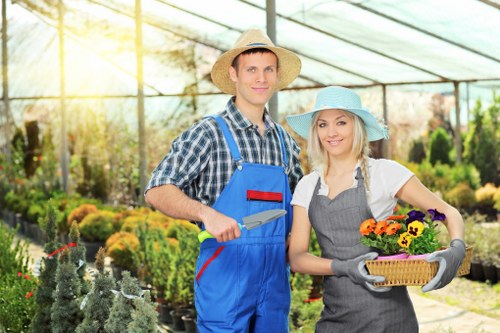 Another vital component is soil management. The quality of your soil directly affects plant growth. Testing your soil's pH, nutrient levels, and texture can guide you in making necessary amendments to create an optimal growing environment.
Another vital component is soil management. The quality of your soil directly affects plant growth. Testing your soil's pH, nutrient levels, and texture can guide you in making necessary amendments to create an optimal growing environment.
Incorporating organic matter, such as compost, improves soil structure and fertility. Additionally, understanding the role of microorganisms in the soil can enhance nutrient uptake and plant health.
Watering is another critical aspect of gardening. Proper irrigation techniques ensure that plants receive the right amount of moisture without overwatering, which can lead to root diseases and other problems.
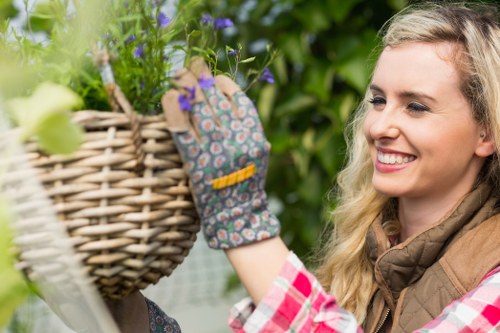
Choosing the Right Plants
Selecting plants that are suited to your region's climate and soil conditions increases the likelihood of a successful garden. Native plants, in particular, are adapted to the local environment and require less maintenance.Consider the growth habits, size, and color of plants to create a visually appealing composition. Mixing different species can provide a balanced ecosystem, attracting pollinators and beneficial insects while deterring pests.
Seasonal Gardening
Understanding the seasons and their impact on plant growth is essential. Some plants thrive in the cool temperatures of spring and fall, while others require the warmth of summer to flourish.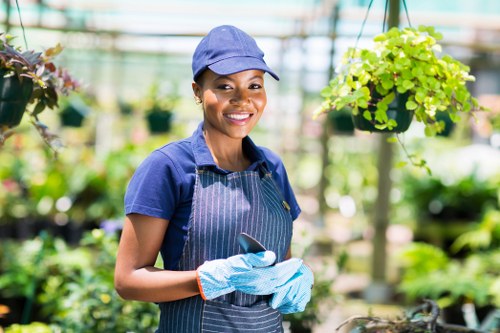 Pest Management is an ongoing challenge for gardeners. Implementing integrated pest management (IPM) strategies can control pest populations while minimizing environmental impact. Monitoring your garden regularly for signs of pests allows for timely interventions.
Pest Management is an ongoing challenge for gardeners. Implementing integrated pest management (IPM) strategies can control pest populations while minimizing environmental impact. Monitoring your garden regularly for signs of pests allows for timely interventions.
Using natural predators, like ladybugs and praying mantises, can help keep harmful insects in check. Additionally, practicing crop rotation and maintaining plant diversity discourages the buildup of pest populations.
Proper sanitation, such as removing dead plant material, reduces hiding places for pests and diseases. These proactive measures contribute to a healthier and more resilient garden.
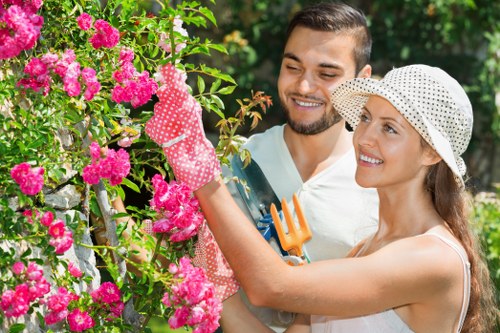
Tools and Techniques
Investing in quality gardening tools can make a significant difference in the ease and efficiency of your gardening tasks. From hand trowels to power tools, having the right equipment ensures that you can maintain your garden with minimal effort.Techniques such as pruning, staking, and mulching are fundamental skills for any gardener. Pruning helps maintain plant shape and encourages healthy growth, while staking supports tall or delicate plants against strong winds.
Mulching conserves moisture, suppresses weeds, and regulates soil temperature, creating a more stable environment for plant roots. Regularly applying mulch can improve the overall health and appearance of your garden.
 Gardening is not only a hobby but also a therapeutic activity that promotes physical and mental well-being. The act of nurturing plants fosters a sense of accomplishment and connection to nature.
Gardening is not only a hobby but also a therapeutic activity that promotes physical and mental well-being. The act of nurturing plants fosters a sense of accomplishment and connection to nature.
Spending time in the garden can reduce stress, enhance mood, and provide a peaceful retreat from the hustle and bustle of daily life. The rhythmic tasks of planting, weeding, and harvesting offer a meditative experience that rejuvenates the spirit.
Furthermore, gardening encourages a sustainable lifestyle. Growing your own vegetables and herbs reduces reliance on store-bought produce and minimizes your carbon footprint, contributing to a healthier planet.
Community and Social Aspects
Gardening can also be a communal activity that strengthens social bonds. Participating in community gardens fosters collaboration, shared knowledge, and a sense of belonging among members.Engaging in gardening events and workshops provides opportunities to learn new skills, exchange ideas, and celebrate the collective achievements of the group. These interactions enrich the gardening experience and build lasting relationships.
In addition, urban gardening initiatives bring greenery to city environments, improving air quality and providing residents with access to fresh, locally grown produce.



